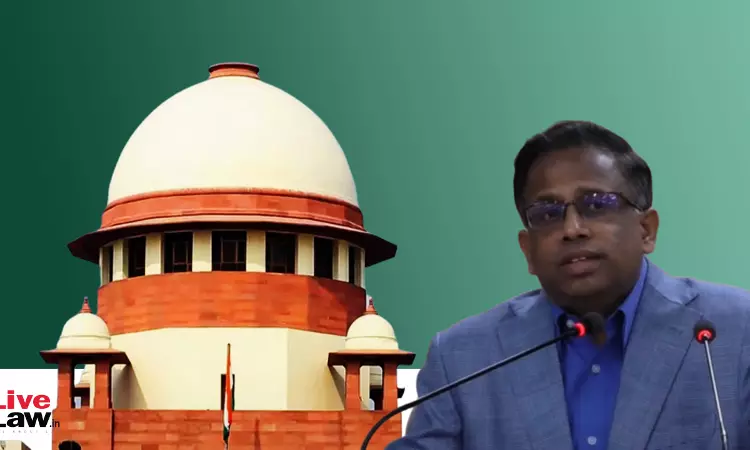ED Director's Term Extension & 2021 CVC Amendment Act Illegal: Amicus KV Viswanathan To Supreme Court
Awstika Das
27 Feb 2023 3:29 PM IST

Next Story
27 Feb 2023 3:29 PM IST
In a significant development in the petitions challenging the third extension given to ED Director SK Mishra, the amicus curiae in the matter, Senior Advocate KV Viswanathan, told the Supreme Court that the extensions are illegal.Not only the extensions, but also the 2021 amendment to the Central Vigilance Commission Act 2003 -which enables Centre to extend the tenure of the Director of...
